
Electric Power Systems (Bac. ET EA)
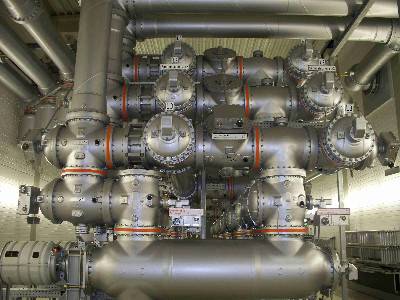
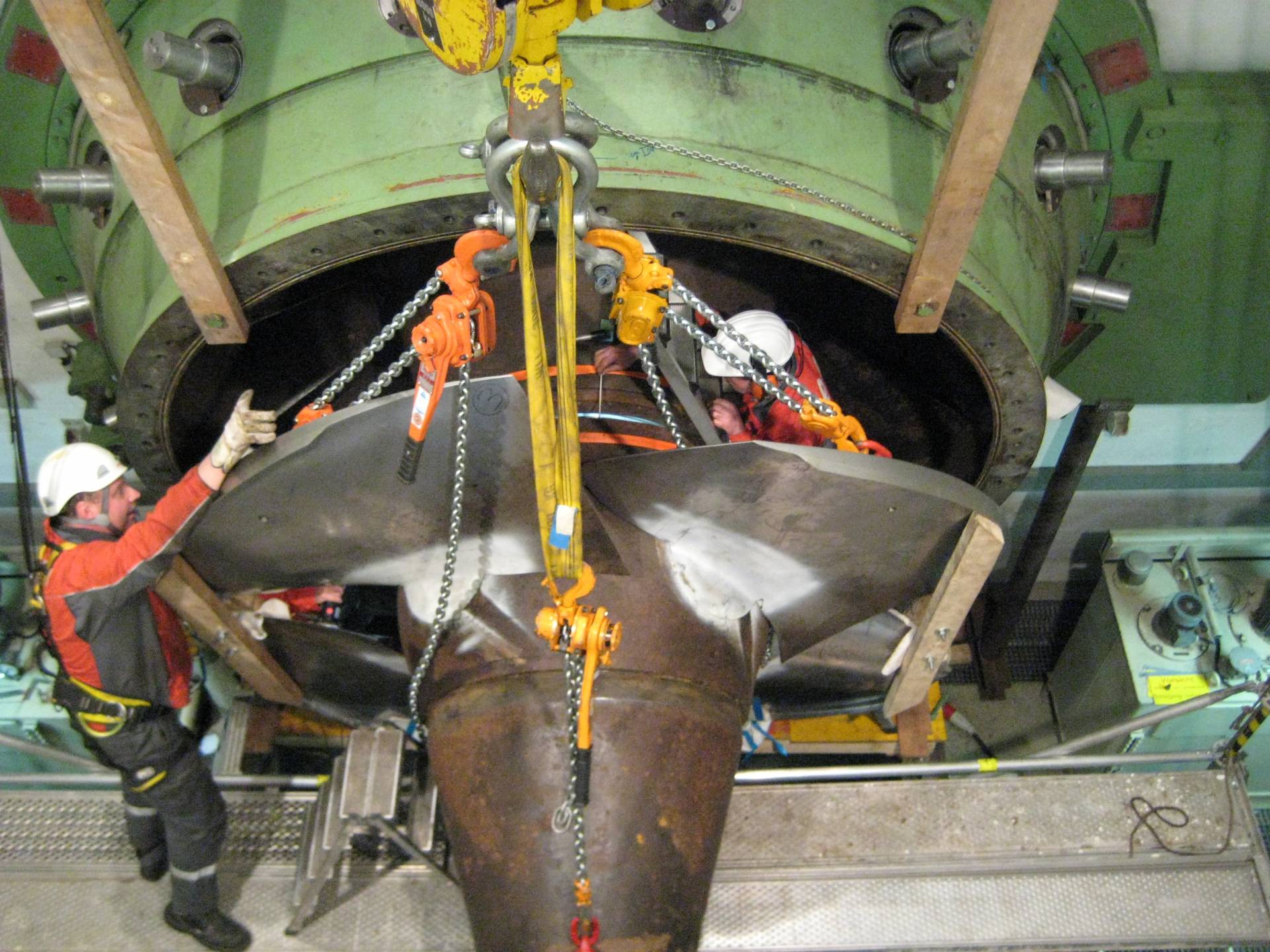
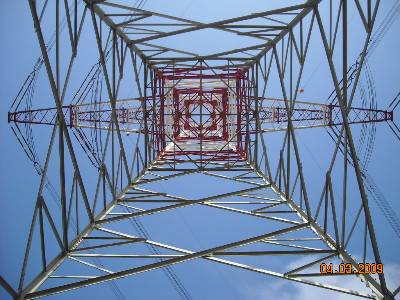
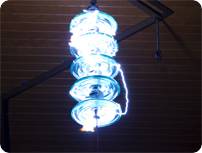
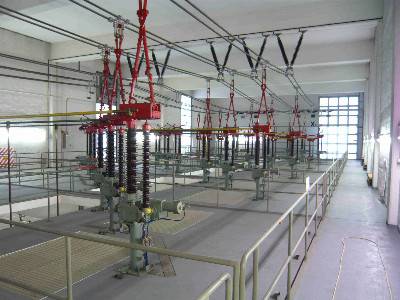
Compulsory Course
Winter Term
5
4
Written Examination
Decimal Grade
Content
Generation and Storage of Electgrical Energy
The debate over Germany's future energy mix does not stop. Sun or wind, coal, gas, biomass or geothermal energy: how will energy be generated in the coming decades? Climate protection and the finite nature of fossil fuels are forcing new supply concepts. Nuclear power is controversial, nuclear fusion is not applicable, coal and oil harmful to the climate, the regenerative energy sources remain. But these are also controversial. How will we meet our demand for electrical energy in the future?
In the first part of the lecture you will get an overview of generation and storage of electrical energy. The goal is that you
- be able to explain the structure and basic operation of thermal power plants, hydroelectric power plants and wind power plants,
- be able to describe the challenges of power plant operation and
- know the most important elements for storing electrical energy.
Transmission and Distribution of Electrical Energy
Europe's electrical energy supply is in the most fundamental change process since its construction. Rising electricity consumption, the demand for increased integration of decentralized electricity generation, an aging electricity infrastructure, and the desire for greater choice, independence from energy imports and security of supply are all major challenges for the future of European electricity supply to know the basic connections of the electrical energy supply.
In the second part of the lecture you will get a summary overview of the transmission and distribution of electrical energy. The goal is that you
- understand the structure of the electrical energy grids,
- be able to apply the calculation method of symmetrical components,
- calculate short circuit currents of simple network configurations and
- recognize the danger to people from live parts and know simple protective measures.
Lecture Notes
The lecture notes and other documents will be provided in the Moodle course.
Learning and Teaching Methods
Lecture, exercises, excursions
